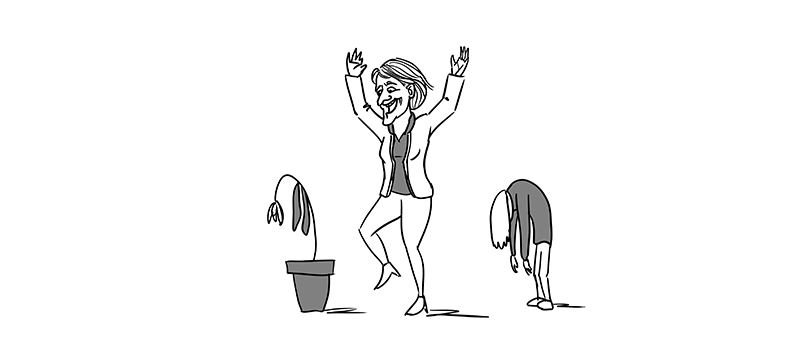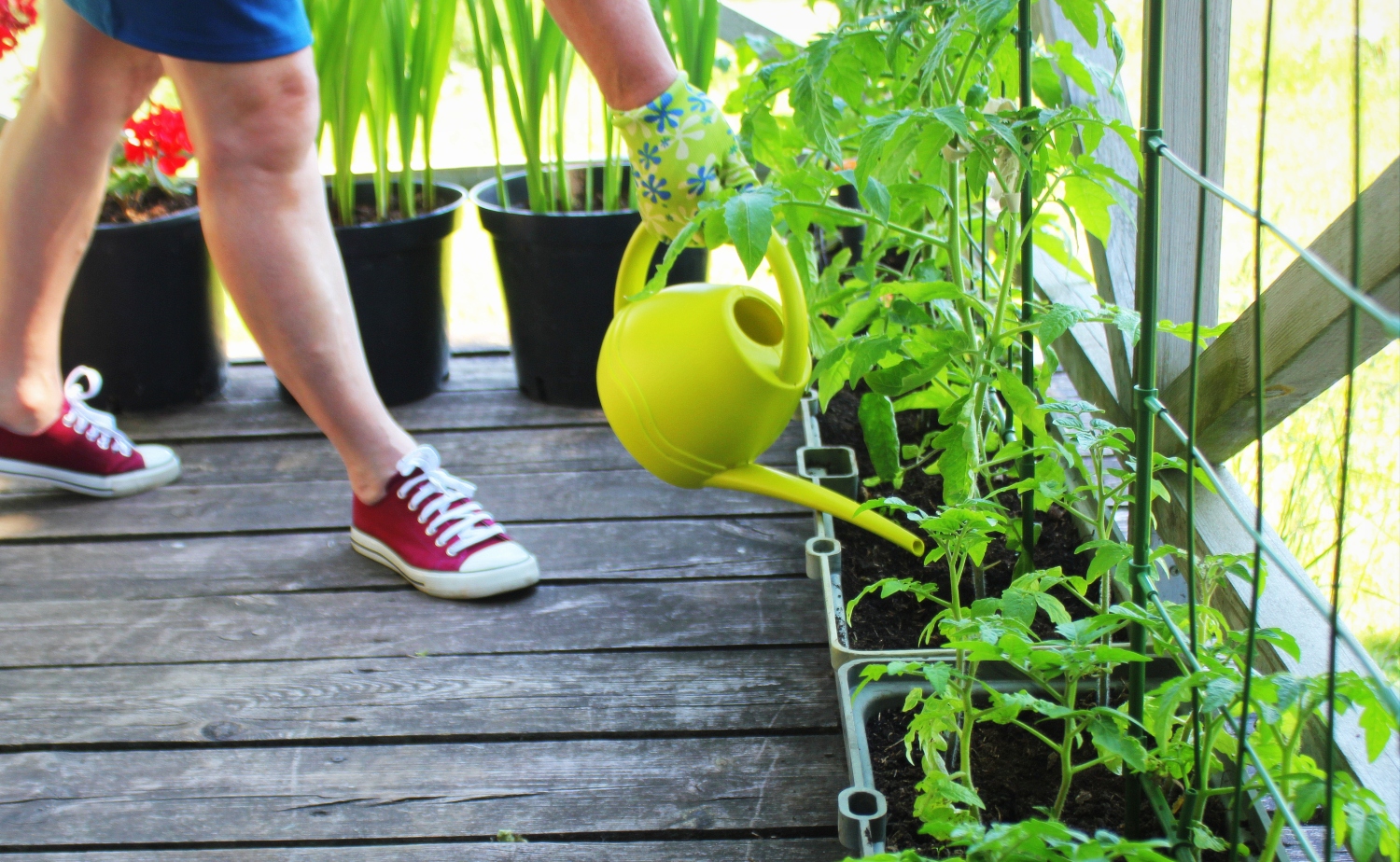A botched experiment, a rejected article: in the sciences, such things are soon labelled failures. As for talking about them – not the done thing. But in this column, our colleagues do exactly that. Because failure has its uses. This time, we hear from WUR President Sjoukje Heimovaara.
‘Twenty-five years ago I was doing plant research at TNO and Leiden University. One of my daughters and a colleague’s daughter were in the same class at primary school. The two of us came up with the idea of getting primary school children interested in plants. We gave three guest lessons to a class of 9- and 10-year-olds and we had them conduct an experiment. We wanted the children to experience what plants need in order to grow.
They had done exactly as they were told and yet the plants were half-dead
We gave each group of four children a young cucumber plant grown on rockwool, and asked them to look after it for three weeks. Some groups were told to give their plant light, water and plant food. Others were given plants in tubes, which stopped them getting any light. Yet other groups were allowed to give their plants water but no food.
‘Everything went to plan in the first two lessons. Parents told us their children even started to eat more vegetables at home. My colleague and I told ourselves we were doing a good job. The last lesson focussed on the cucumber-growing experiment. We got each group to present its plant and compare it with those of their classmates. When the groups with the pathetic, stunted or pale plants put their plants next to a healthy specimen, they were disappointed and sad. My colleague and I had miscalculated. We were experienced teachers and scientists, but we had forgotten that now we’d be teaching young children. What we thought of as a nice learning experience felt like a failure to the children. They had done exactly as they were told and yet the plants were half-dead. We might even have put off some of the pupils. The lesson I learned that day was: put yourself in the shoes of your audience. Of course, we should have given each group three plants and got them to look after each plant differently. If I had a second chance to give those guest lessons, I would definitely discuss my plans with the teacher first.’

 Illustration Stijn Schreven
Illustration Stijn Schreven 

